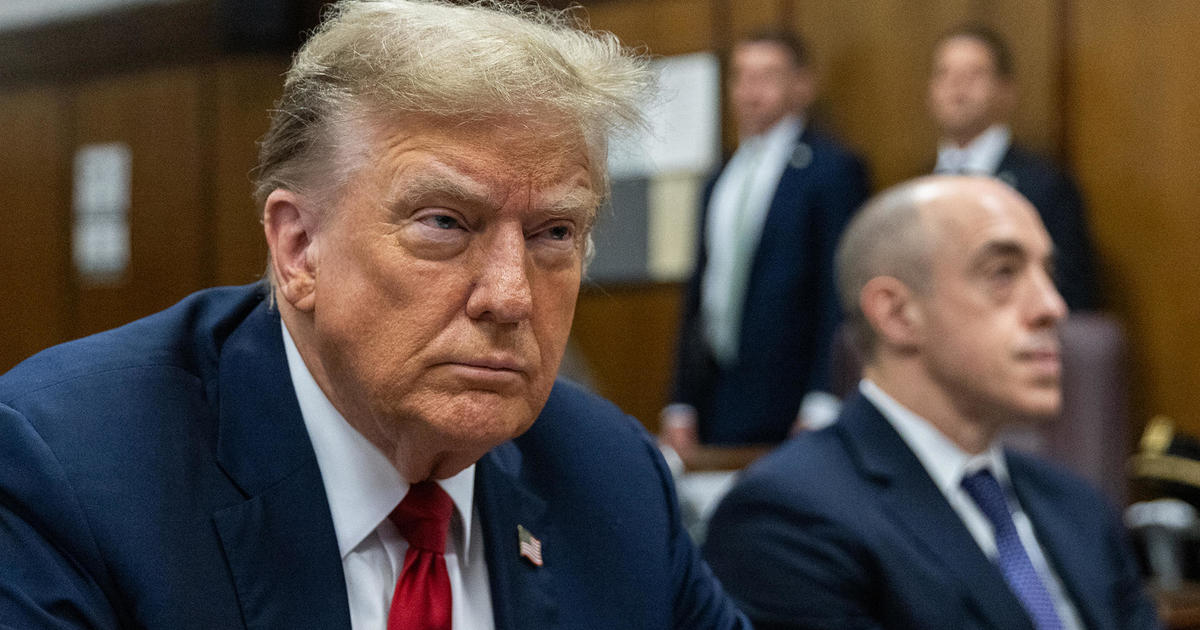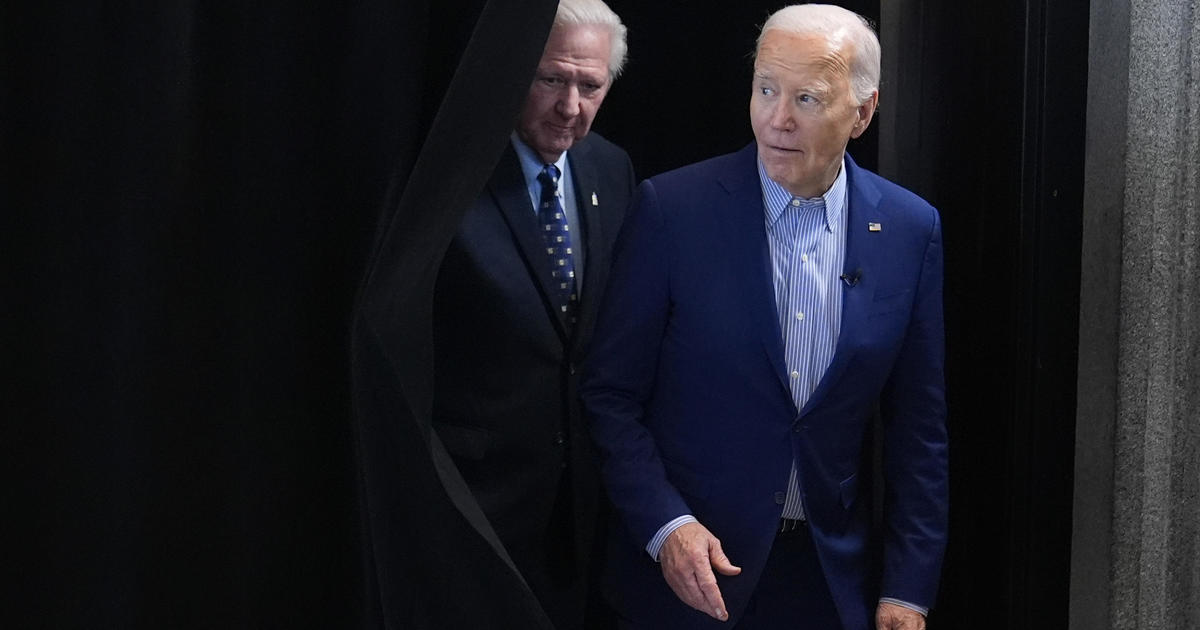China cranks up heat on U.S. sorghum, eases on autos
BEIJING - China on Tuesday ordered importers of U.S. sorghum to pay deposits for possible higher tariffs in an anti-dumping investigation, adding to growing trade conflict with Washington.
A preliminary ruling by China's Commerce Ministry said U.S. sorghum was being sold at improperly low prices, hurting Chinese farmers. It said importers must post bonds of 178.6 percent of the value of their goods to cover possible anti-dumping duties while the probe is completed.
Beijing launched the sorghum investigation on Feb. 4 in what some businesspeople saw as a warning shot after President Donald Trump hiked tariffs on Chinese-made washing machines and solar modules.
Since then, President Trump has threatened to raise duties on up to $150 billion of Chinese goods in a dispute over technology policy. Beijing has responded with its own list of U.S. goods for possible retaliation.
The measures on sorghum, a grain used in animal feed and for making the fiery traditional Chinese liquor baijiu, target farm areas that voted for Mr. Trump in 2016. China is one of the biggest foreign markets for U.S. sorghum growers.
Investigators concluded dumping of U.S. sorghum "substantially damaged" Chinese competitors, the Commerce Ministry said. It said prices of U.S. sorghum fell 13 percent from 2013 to 2017, while shipments increased 14-fold.
The ministry said results of a parallel anti-subsidy investigation of U.S. sorghum would be released later.
While cranking up the pressure on U.S. farmers, China also announced plans Tuesday to allow full foreign ownership of automakers in five years, ending some restrictions that have helped fuel its trade dispute with Mr. Trump as it promotes electric car development.
The change would scrap rules that require global automakers to work through state-owned partners, an arrangement that forces them to share technology with potential competitors. It was unclear whether that might mollify the U.S. president and his complaints that Beijing pressures foreign companies to hand over technology.
Automakers had been waiting for details since President Xi Jinping announced in a speech last week that ownership restrictions would be eased and auto import duties reduced.
Some private sector analysts saw Xi's promise as an attempt to placate Trump, but Chinese government spokespeople said the plans had nothing to do with the trade dispute. Trump complained Beijing was hampering trade by charging a 25 percent import duty on most cars while the U.S. charges less than 3 percent.
Limits on foreign ownership of electric vehicle producers will be eliminated this year, the Cabinet's planning agency said. That will be followed by a similar repeal for makers of commercial vehicles in 2020 and passenger vehicles in 2022.
Until now, global automakers such as General Motors (GM) and Volkswagen (VLKAY) have been allowed to own no more than 50 percent of a joint venture with a Chinese partner and were limited to two ventures.
Automakers complied because they gained access to China's populous market, which passed the U.S. in 2009 as the world's biggest by number of vehicles sold. Sales of sedans, SUVs and minivans last year totaled 24.8 million units, about 55 percent of which was American, European, Japanese and Korean brands.
China is the world's biggest electric vehicle market, with last year's sales rising 53 percent over 2016 to 770,000 vehicles. Beijing is using sales quotas and fuel efficiency standards to press global automakers to help local suppliers develop battery technology.
"Foreign brands will not have as much of an advantage as they had with combustion engines," said Zeng. "More or less, Chinese brands already compete with them on a similar level in electric cars."
The impact on companies such as GM, VW, Nissan (NSANY) and Ford (F) that have joint ventures with Chinese partners is likely to be limited at first.
Their contracts with Chinese partners extend for up to 30 years. They have developed supply and factory networks, research centers and other joint activities that would be costly and difficult to unwind.
The change could help U.S. electric brand Tesla (TSLA), which has avoided a joint venture and wants to set up its own Chinese factory. Tesla imports its cars from California, which adds import taxes to the sticker price.



